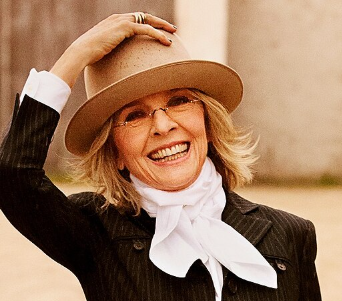Diane Keaton, who has died at 79, embodied a fascinating paradox. She was a famously private person who fiercely guarded her personal life, yet she made the deliberate choice to share the most intimate details of her health struggles with the public. Her battles with skin cancer and bulimia became unexpected cornerstones of her public legacy.
For decades, Keaton cultivated an aura of mystery. The public knew the characters, but the woman remained largely an enigma. This made her eventual revelations about her health all the more shocking and powerful. When she spoke, it was with a raw honesty that breached her own carefully constructed walls of privacy.
Her discussion of her skin cancer, which she’d had since 21, connected her iconic fashion to a serious medical condition. What was once seen as a quirky style choice was reframed as a story of survival. She explained the “family history” behind it, giving the public a rare glimpse into her personal vulnerabilities.
Her confessions about bulimia were even more startling. To hear such a private star describe herself as an “addict in recovery” and detail 20,000-calorie binges was a stunning act of self-disclosure. It was a deliberate choice to use her platform to shed light on a secretive disease.
This paradox is central to understanding her. Perhaps she realized that some stories are too important to keep private. By sharing her struggles, the intensely private Diane Keaton performed her most profound public service, breaking her own rules to help others feel less alone.

